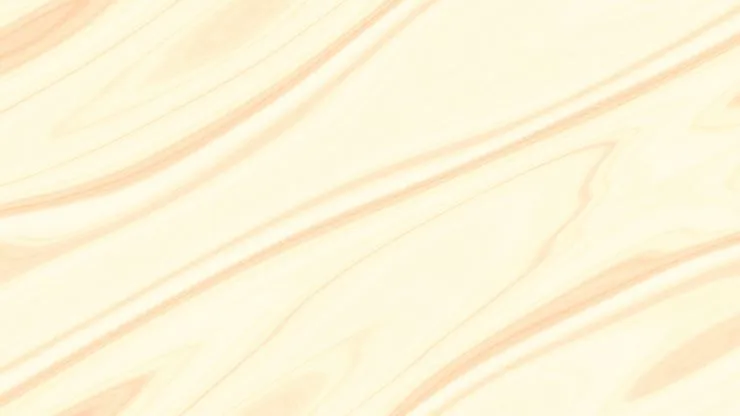What Is Basswood?
Basswood, as used in guitar-making, comes from trees in the Tilia genus. It’s commonly referred to as basswood in North America and linden or lime tree in Europe. As far as hardwoods go, it’s a relatively soft but desirably lightweight option. As well as a popular choice for musical instruments, basswood is also commonly found in wood veneers, plywood, and lumber.
How Do Basswood Guitars Sound?
Many players regard basswood as having a warm, even, and full sound with a solid mid-range EQ performance. In electric guitars, this mid-range boost is ideal for getting your riffs to stand out in a mix. It’s also long been a popular choice with rock lead guitarists – even being the wood of choice for Steve Vai’s signature Ibanez. In the world of basses, basswood’s mids add a punchy and aggressive attack to the instrument’s low-end rumblings.
Why Is Basswood Used for Guitars?
With its associated softness, basswood is a dream to work with and easy on tools. It’s also an abundantly available option, making it cheaper than many alternative tonewoods. Basswood is available in many grades, all with different quality standards. So, whether a luthier is creating a budget, mid-range, or high-end instrument, it could well be the best fit for the job.
Basswood is popular for solid and hollow bodies on electric guitars and basses. Its softness, however, prevents it from being an option for necks or fretboards. Basswood is nowhere near as common in acoustic guitars; however, it isn’t entirely unheard of. Some manufacturers do offer acoustic models with basswood bodies, including Fender.
Does Basswood Dent Easily?
As far as hardwoods go, basswood is undoubtedly on the softer side. In fact, its Janka Hardness Scale rating of 410 makes it softer than some softwoods! This softness means that, compared to tougher woods, such as sapele, ash, or even mahogany, basswood is easier to dent. It’s wise to keep your basswood guitar in a padded case whenever you aren’t riffing on it. On the plus side, if you like all things vintage, it makes an excellent choice if you want to give your axe the ‘distressed look’.
Is Basswood Easy to Maintain?
Other than taking a little more care to avoid dinging your guitar, basswood doesn’t require any special treatment. Dust regularly and clean it with a finish-appropriate guitar polish or cleaner.
Is Basswood Sustainable?
Tilia trees are abundant across North America and Europe’s northern temperate zones. Their large quantity, size, and growth rate mean they are one of the most sustainable tonewoods around. In fact, basswood is grown at twice the pace that it’s harvested in the United States!
Are Basswood Guitars Good?
Many cheaper electric guitars and basses feature basswood bodies, and while cost isn’t always an indication of quality, it is true that some of the budget options out there aren’t the best. Because of this, some believe basswood to be an inherently inferior wood. In reality, it’s simply the case that basswood is available in various grades. Depending on budget, luthiers can choose from high quality, tuneful pieces of wood down to poor-quality lumber.
Various manufacturers use basswood on models in all price ranges, including premium and signature instruments from Music Man, Charvel, and Ibanez. In fact, some, such as John Suhr, founder of the high-end Suhr Guitars, consider the combination of a basswood body with a maple top to be the holy grail of guitar tonewoods.
What Are the Pros and Cons of Basswood Guitars?
Basswood certainly has plenty to offer. Some of its top advantages and disadvantages are:
| Pros | Cons |
|---|---|
| Even and full sound | Less dynamic EQ range |
| Nice warmth and decent sustain | Fairly easy to dent |
| Great mid-range response | Low-quality woods used in some cheaper models |
| Lightweight | |
| Sustainable wood | |
| Cheaper than many alternatives |
Basswood Alternatives
For an overall darker, warmer tone, then mahogany is a great option. Or, if you’re looking for a brighter sound than basswood’s, consider alder for solid body guitars. If you’re happy with the sound of basswood but are a little concerned by its softness, poplar is a great alternative – it has a similar full sound and excellent mid-range but with a higher Janka Hardness Scale score for more protection from dings.
Finding the Right Basswood Guitar
While some guitarists shudder at hearing ‘the b word’, basswood makes for a perfectly viable guitar body option, with a good tonal response, excellent mids, and pleasant warmth. If this sounds like your bag, why not try our Finder tool? Simply enter your search parameters, including wood, body shape, electronics, and budget, and get searching for your perfect basswood guitar.

